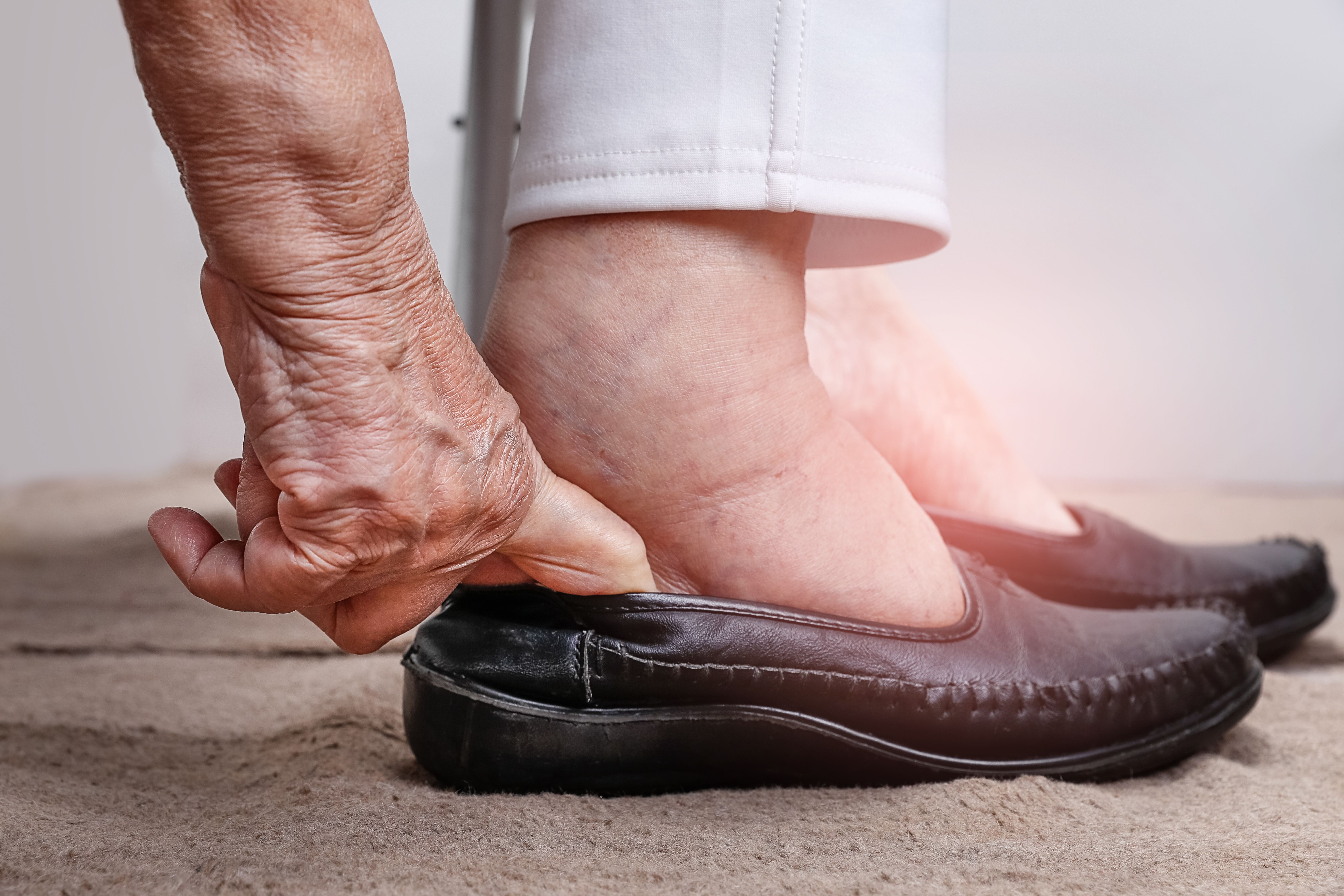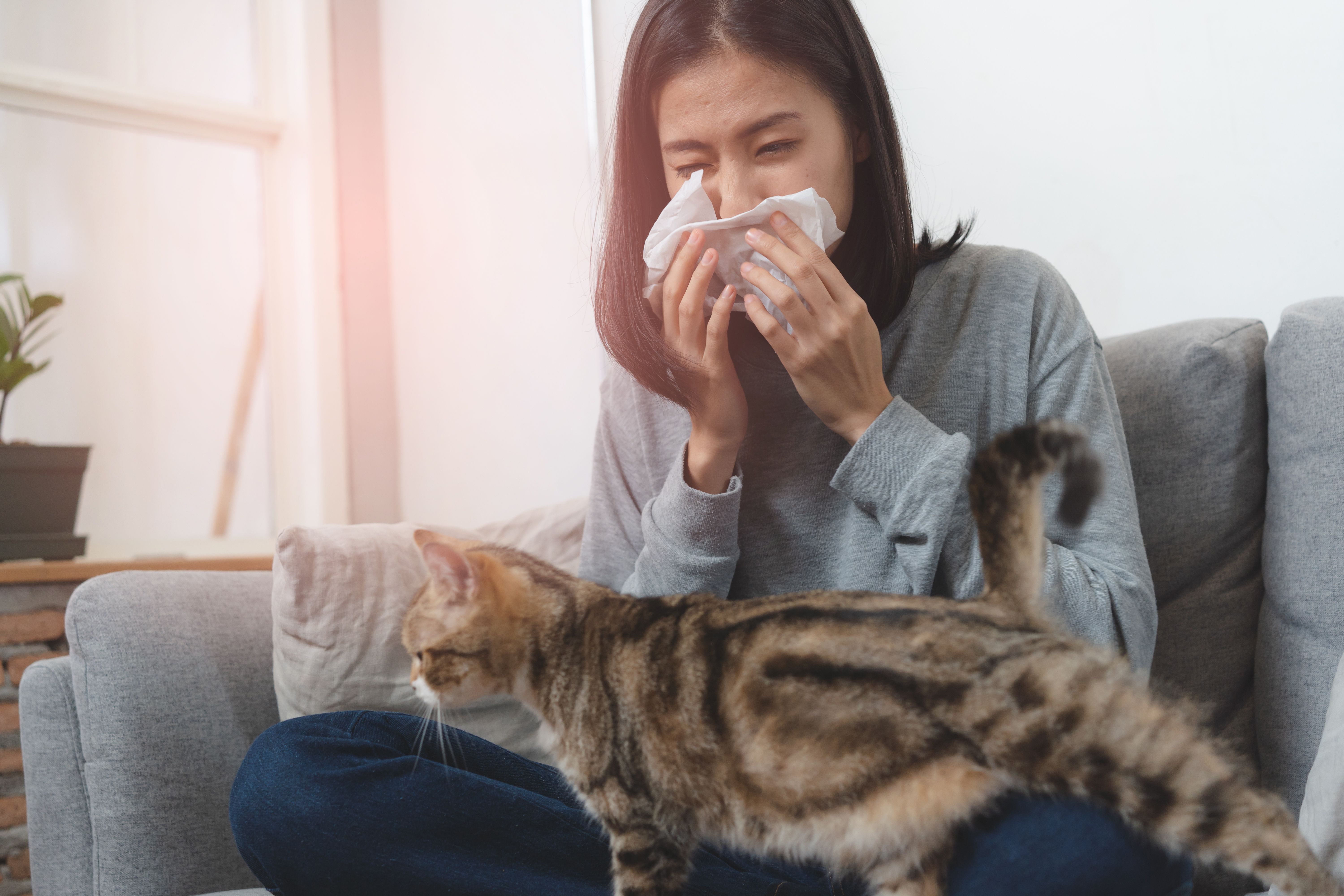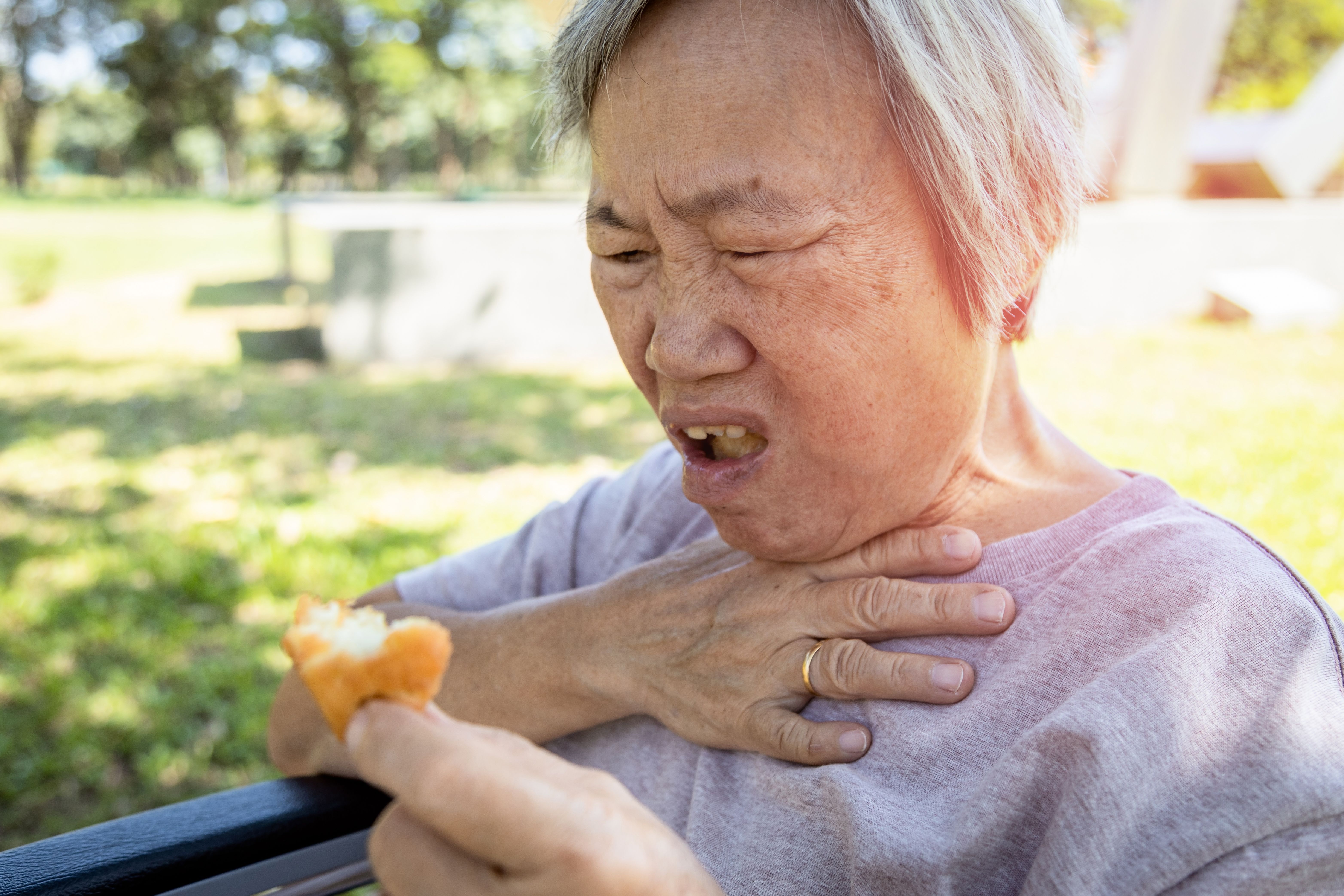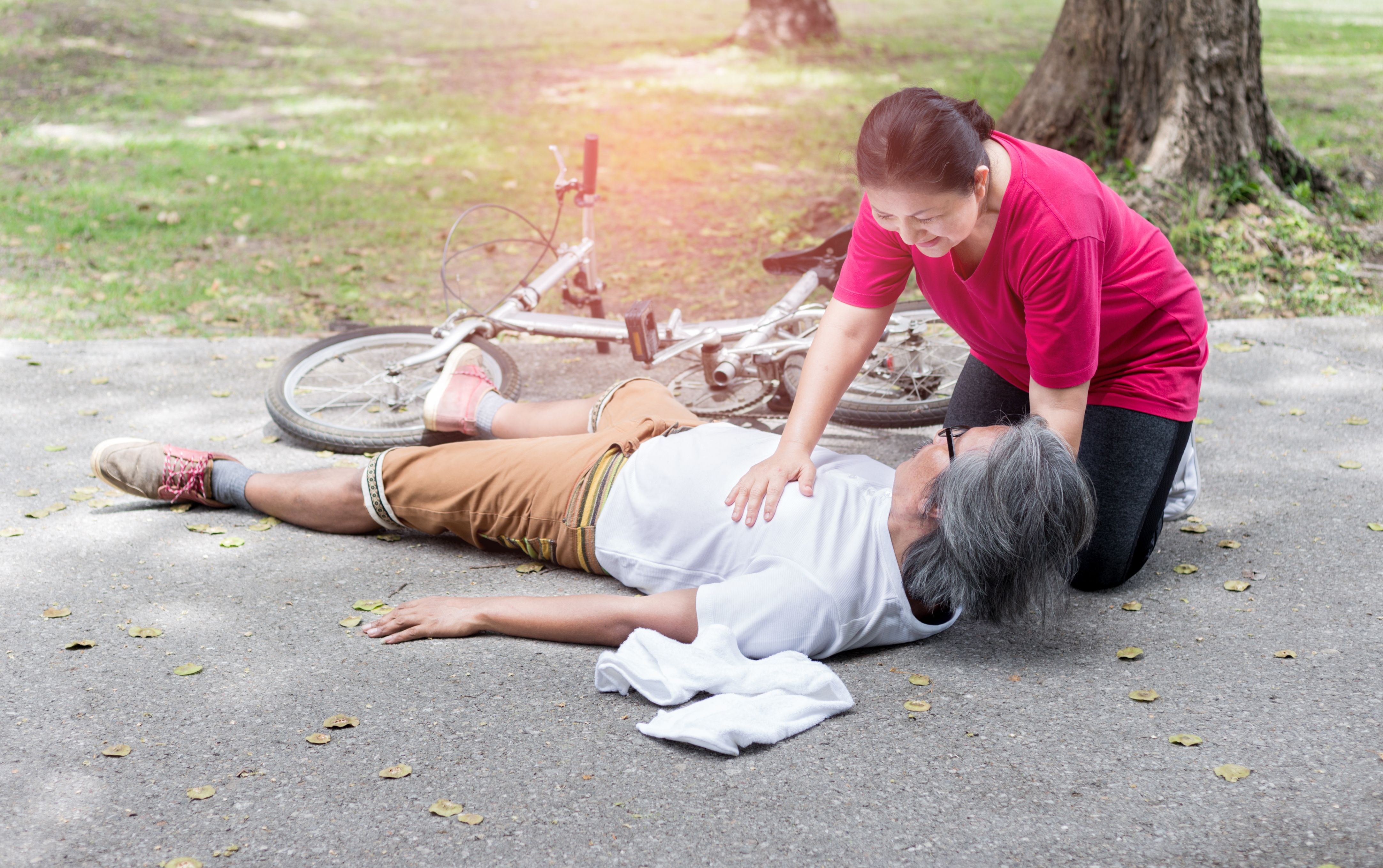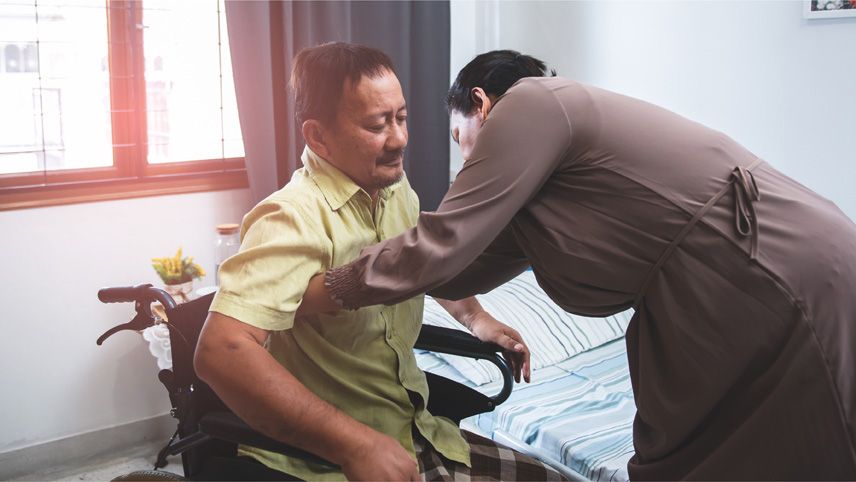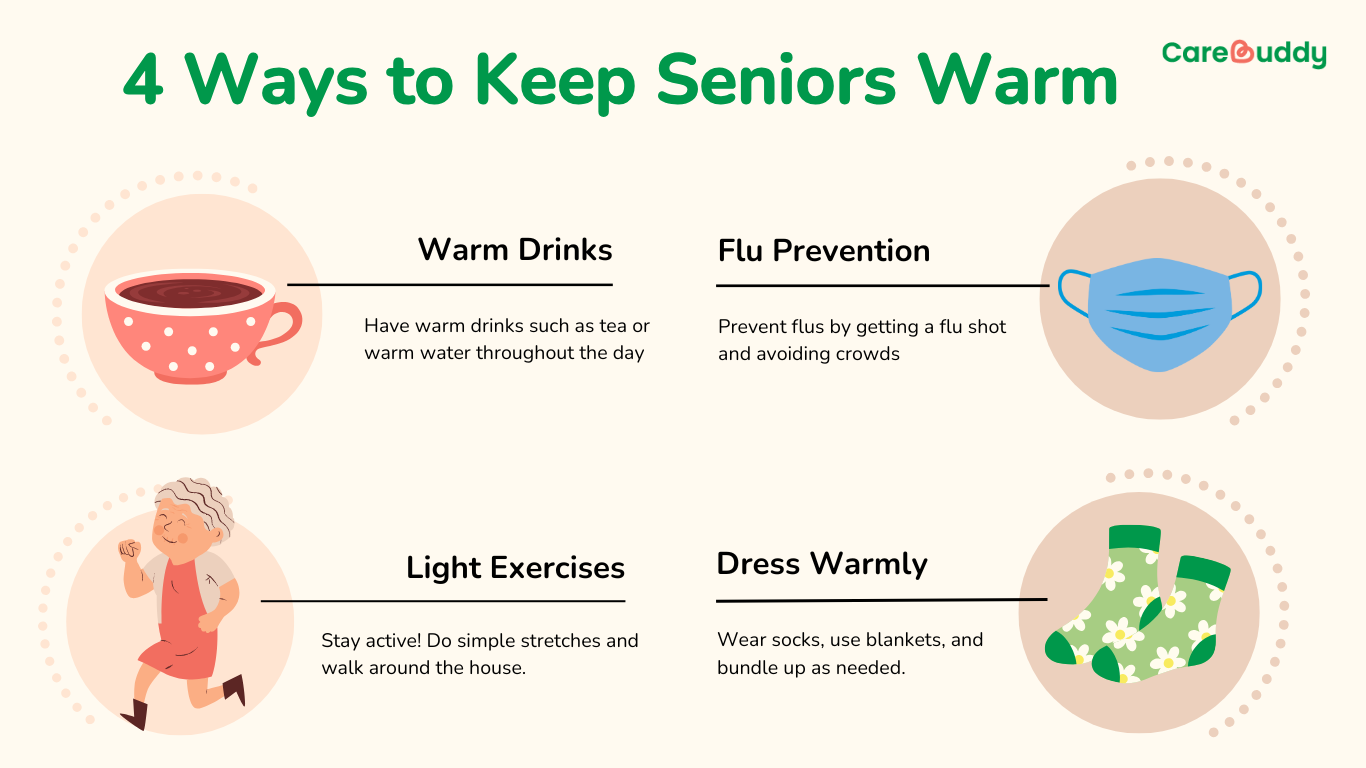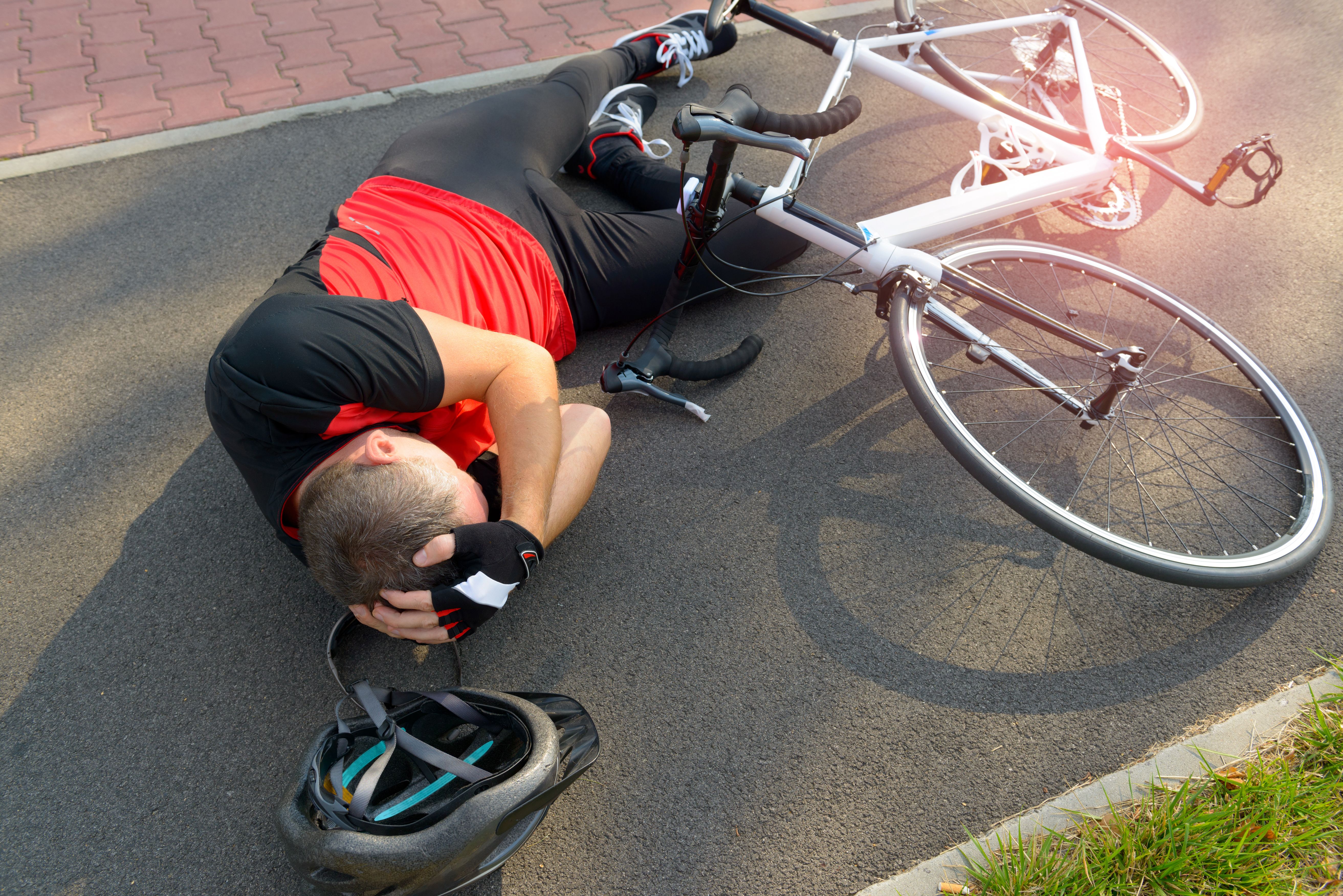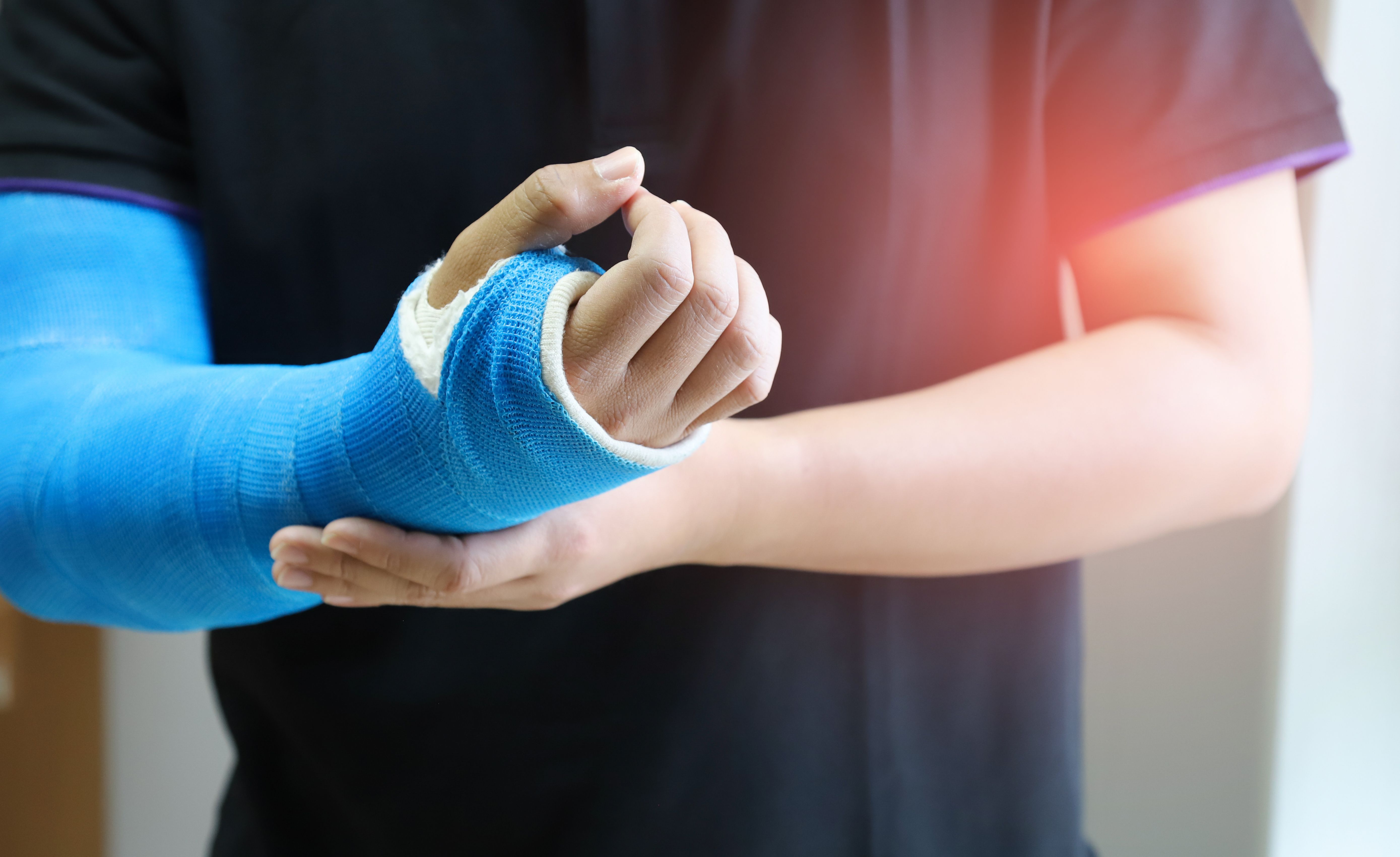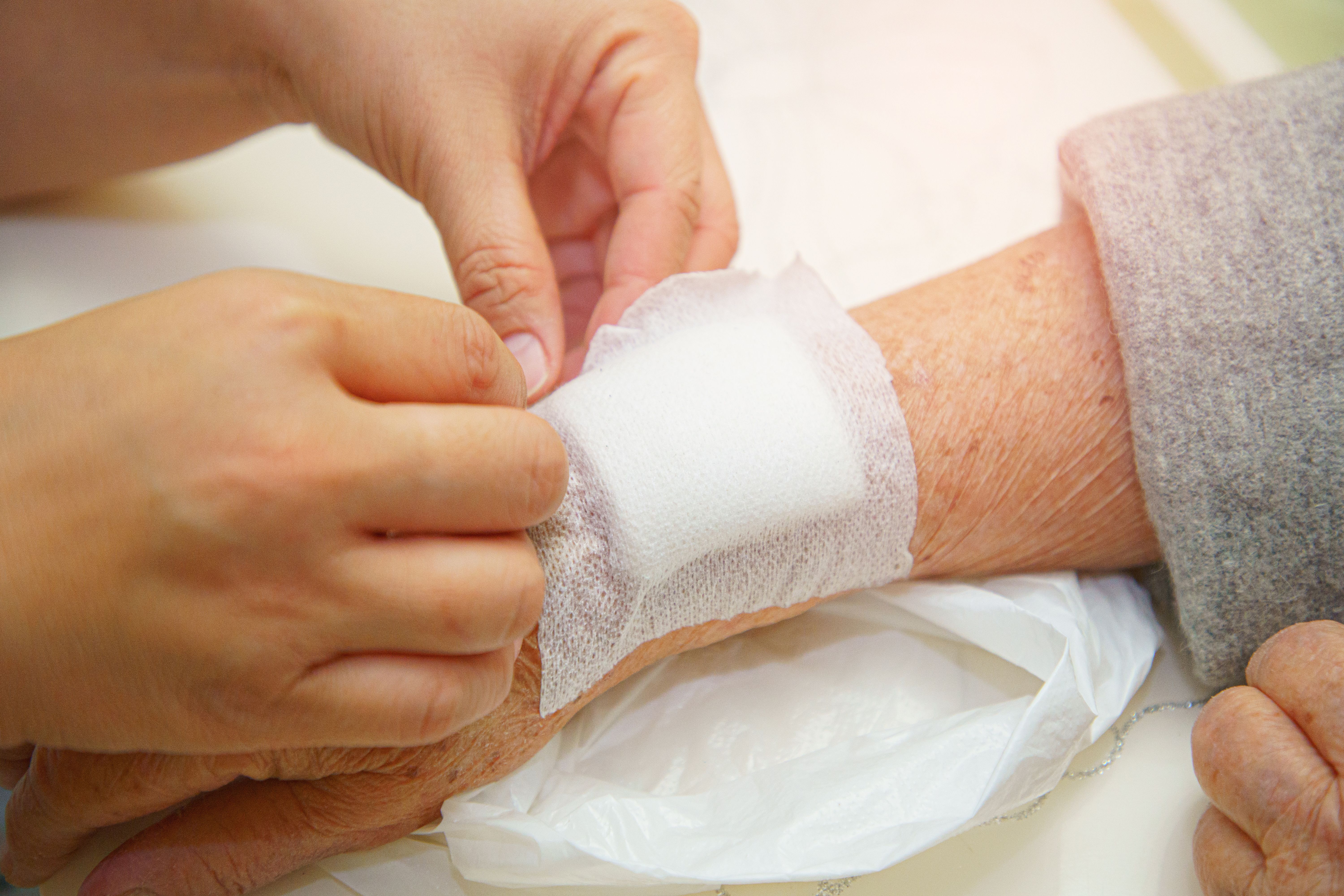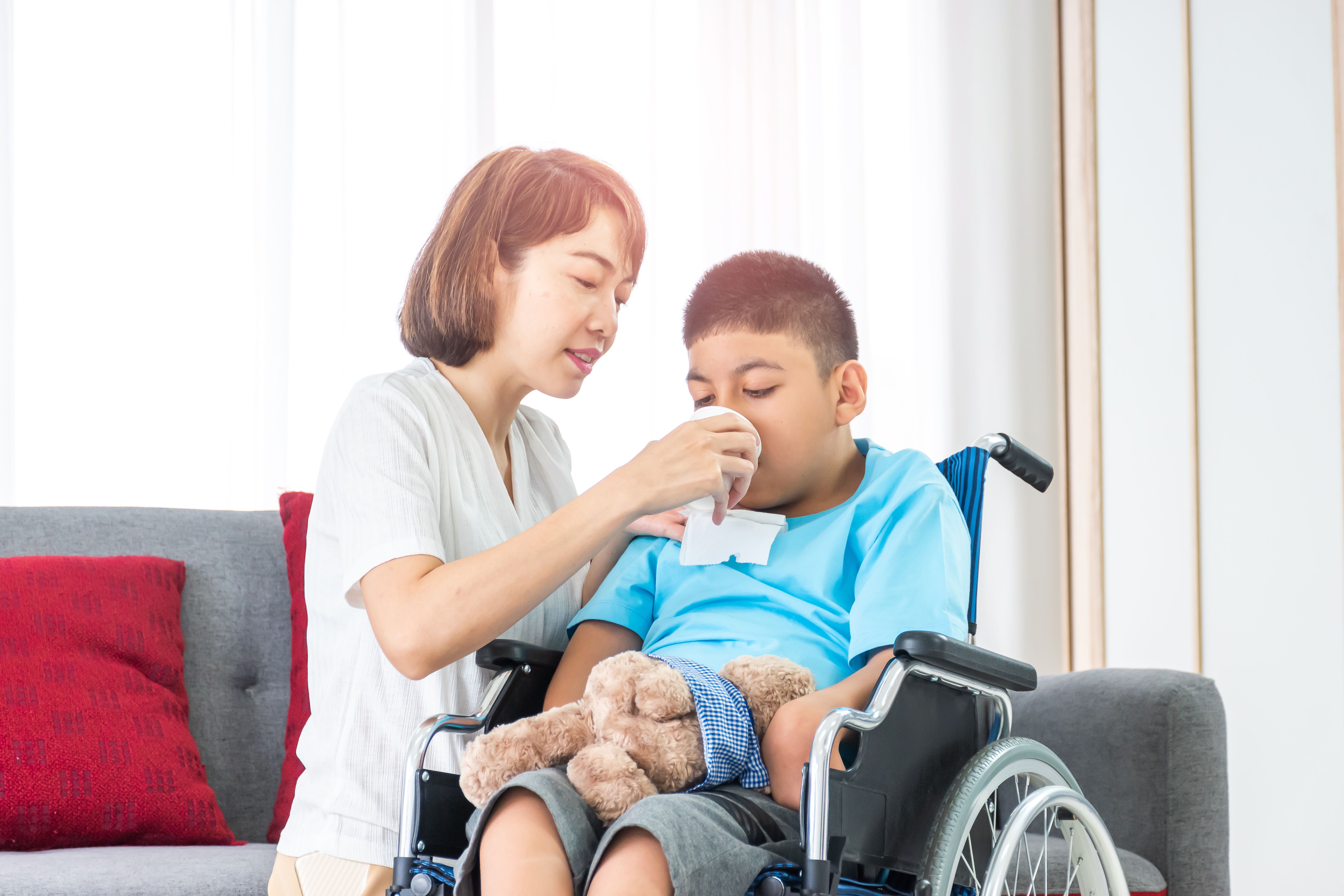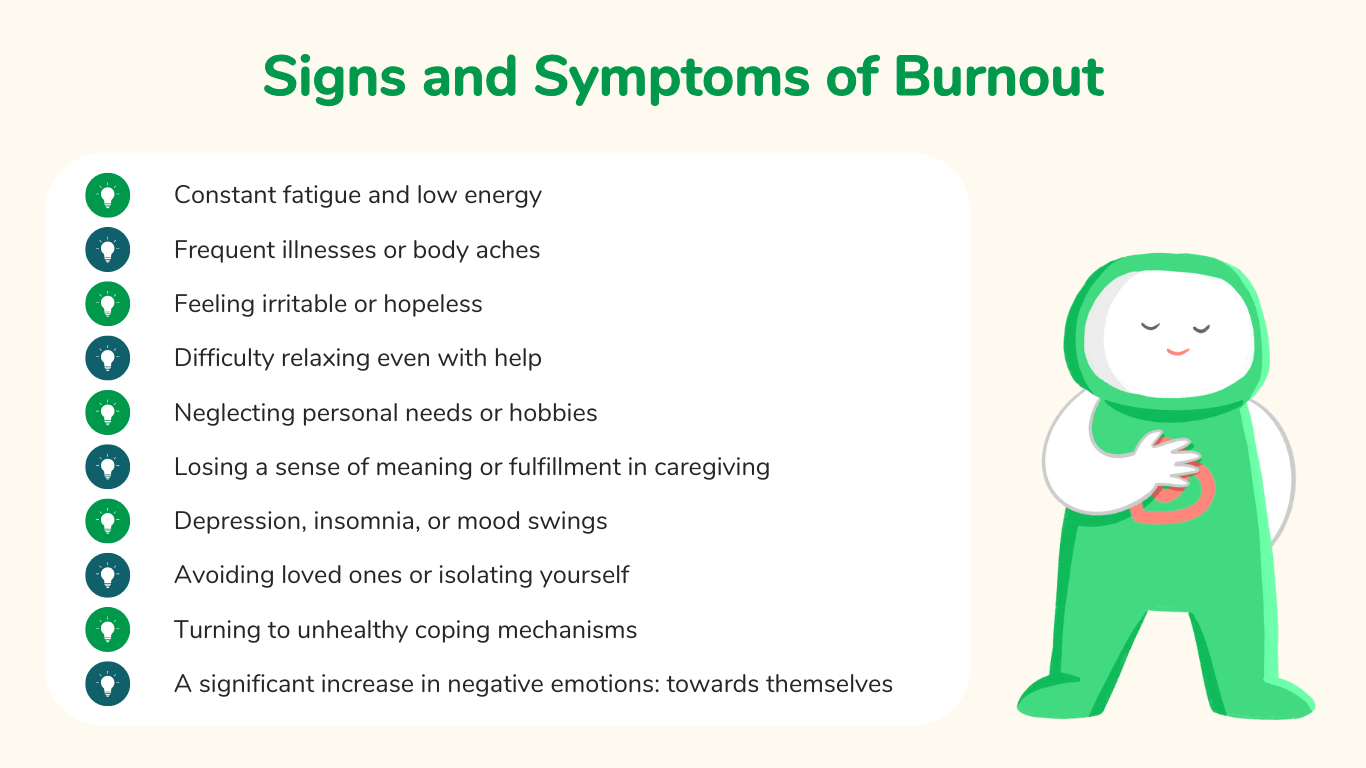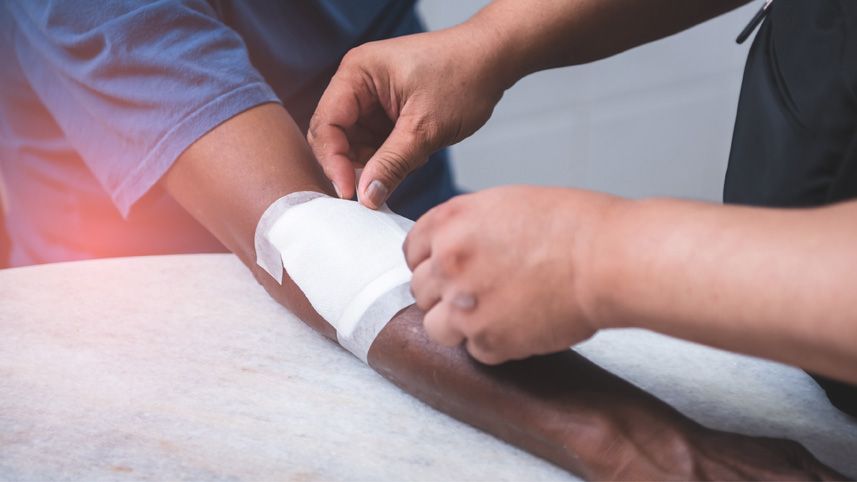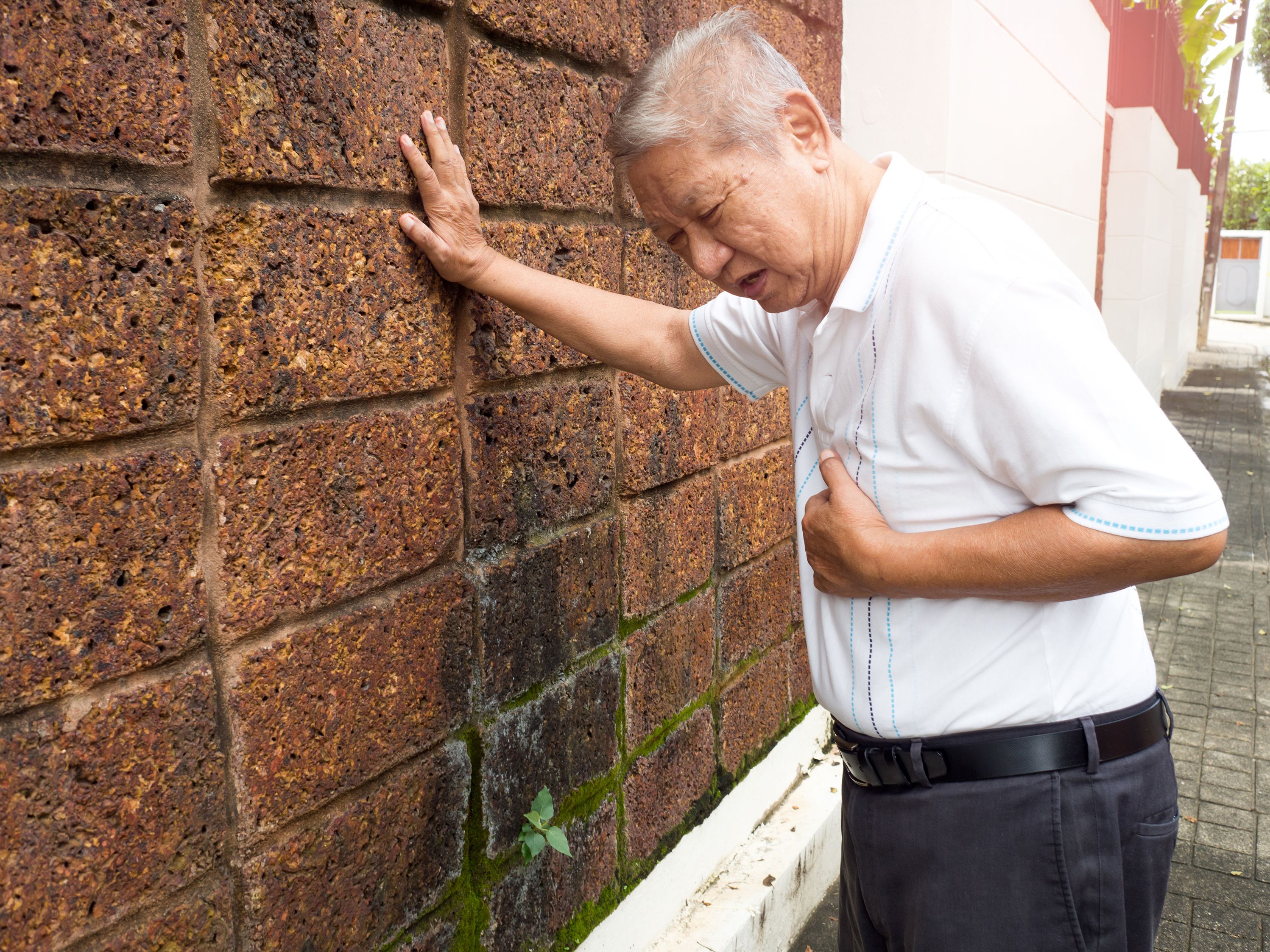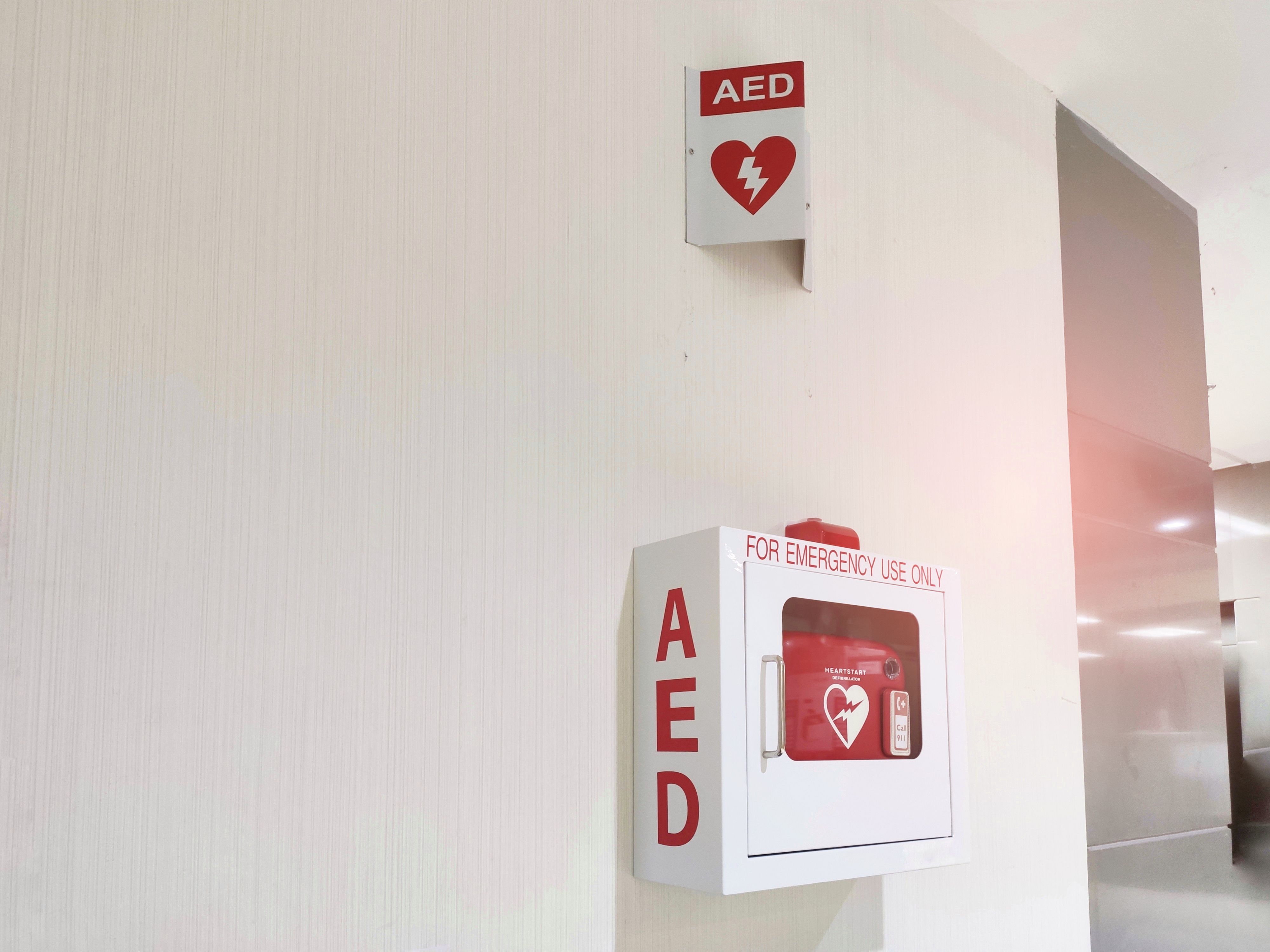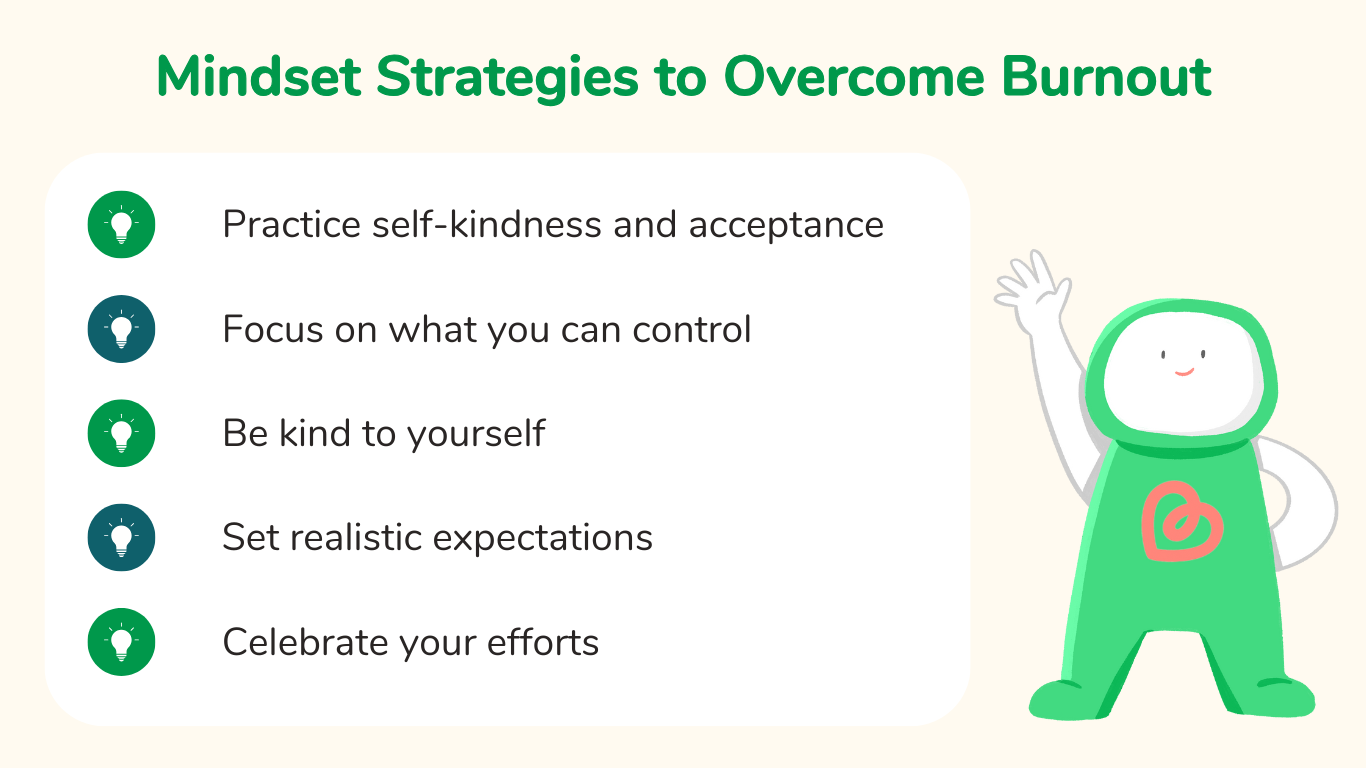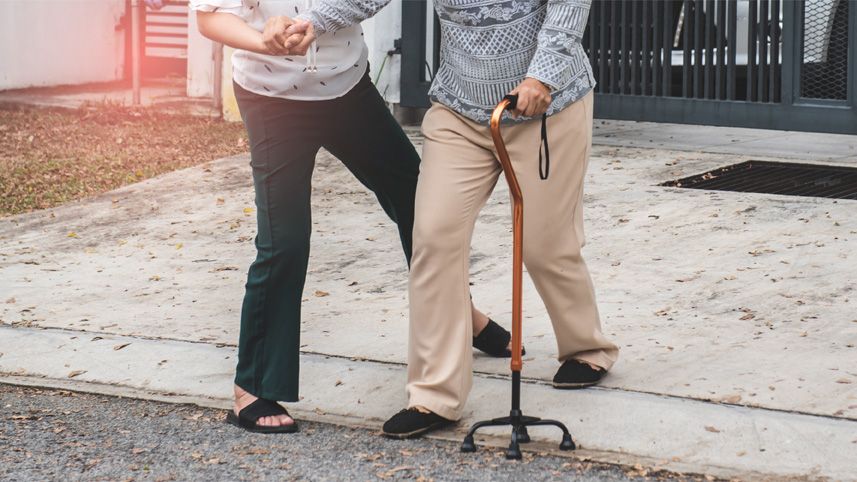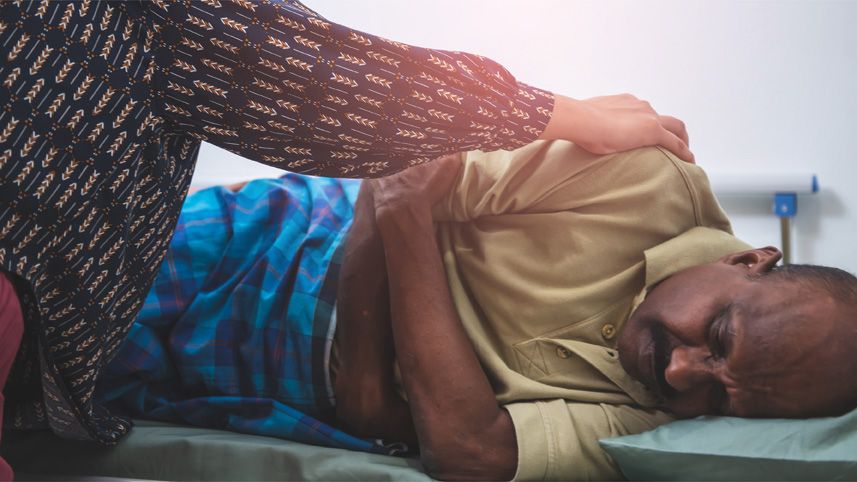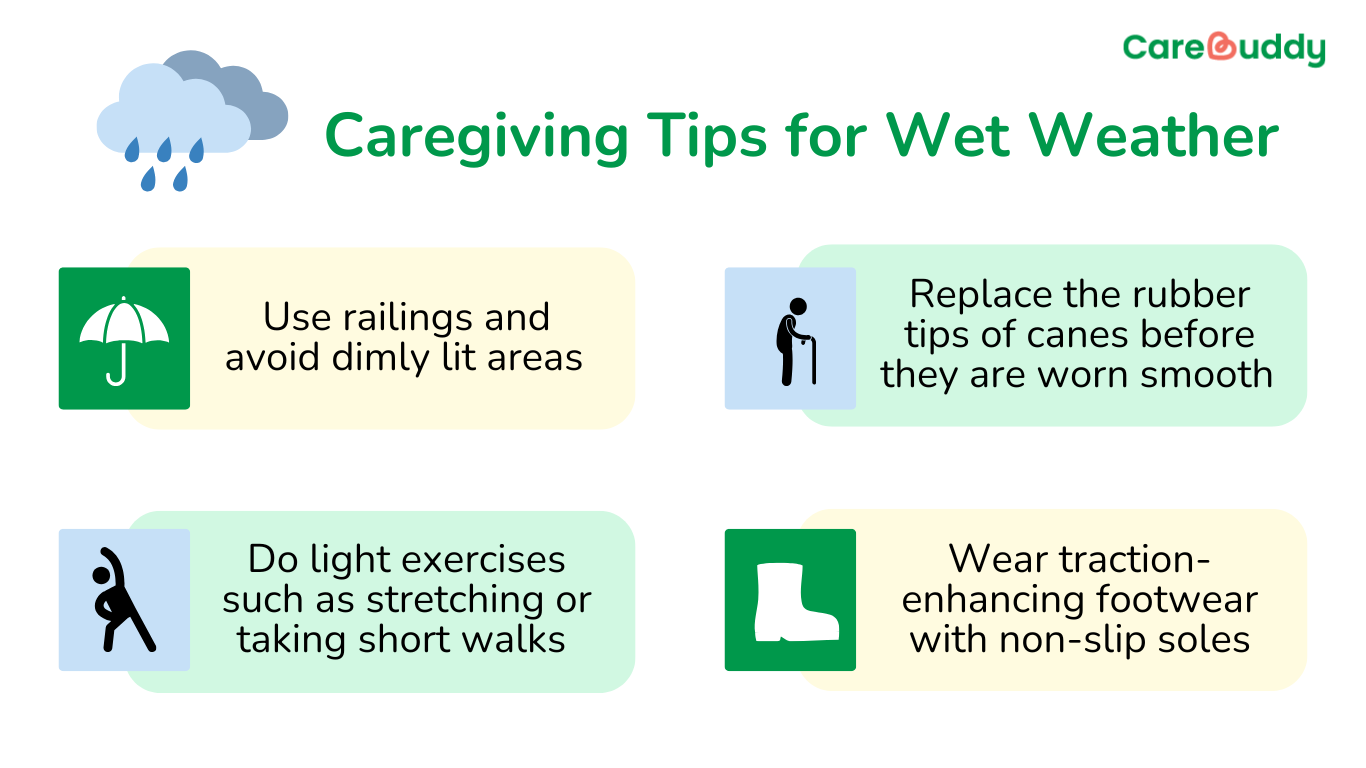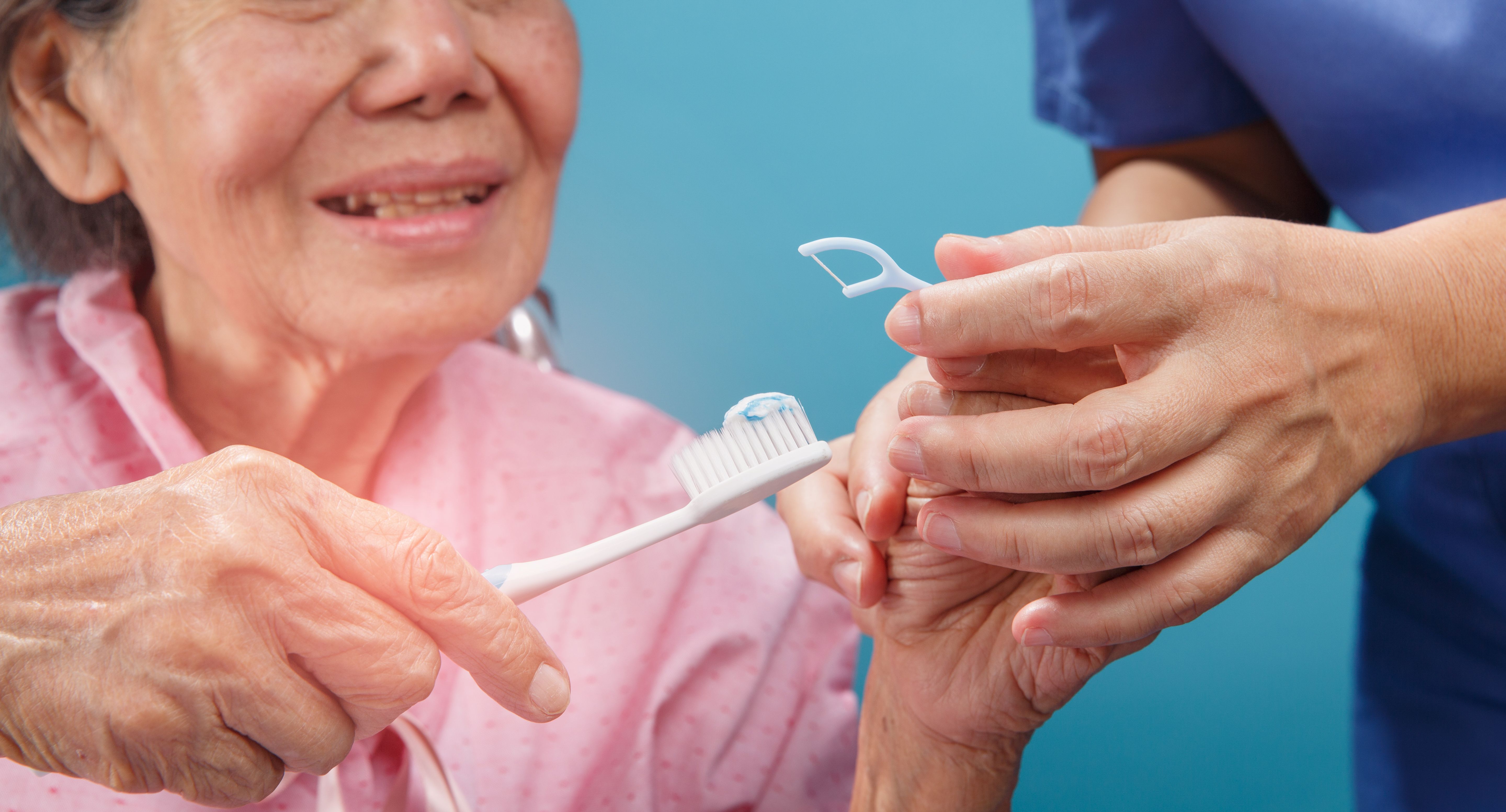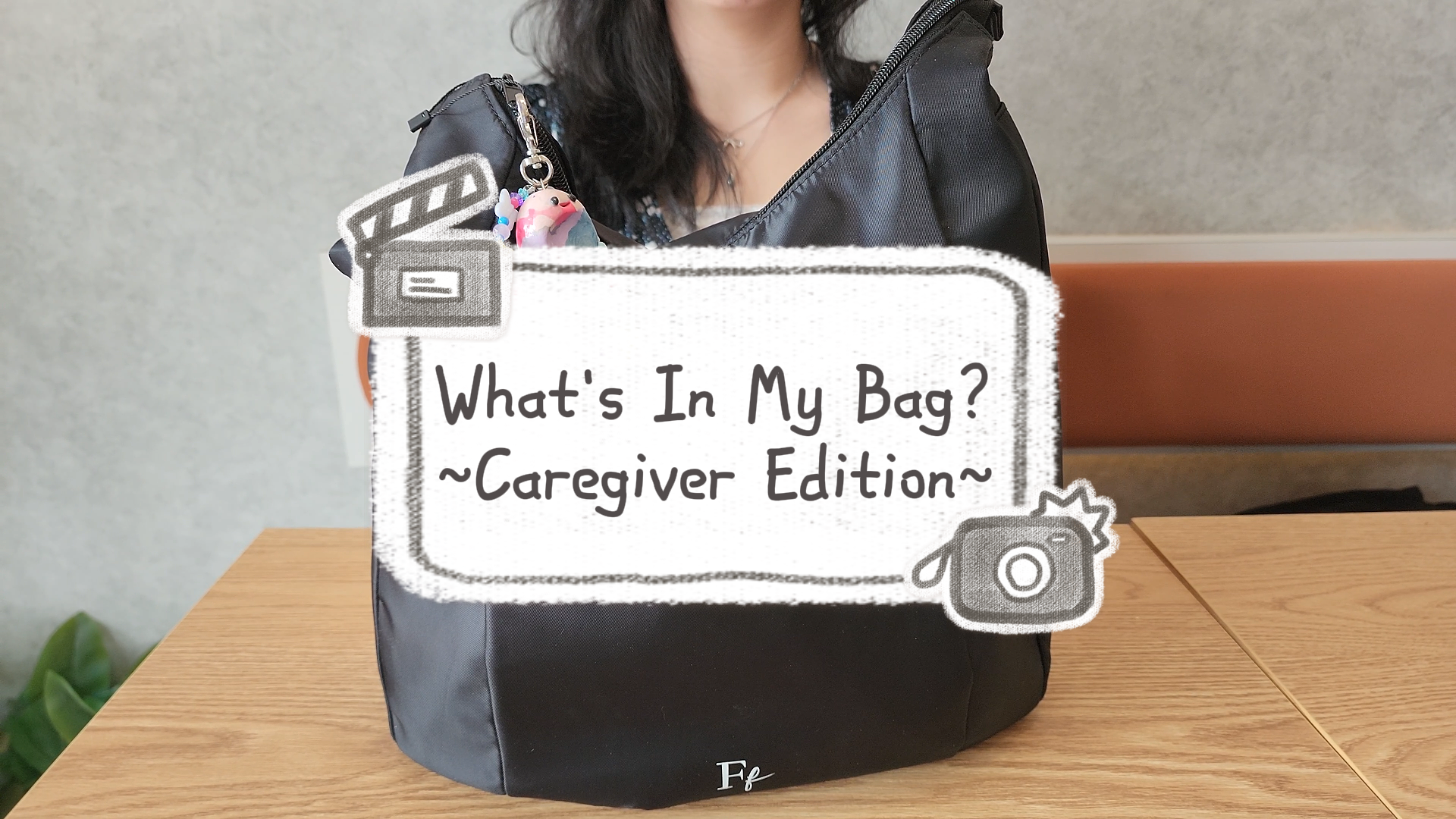First aid for bites and stings
- CareBuddy
- 4 Mins Read
- 21 Sep 2022
- First Aid & CPR
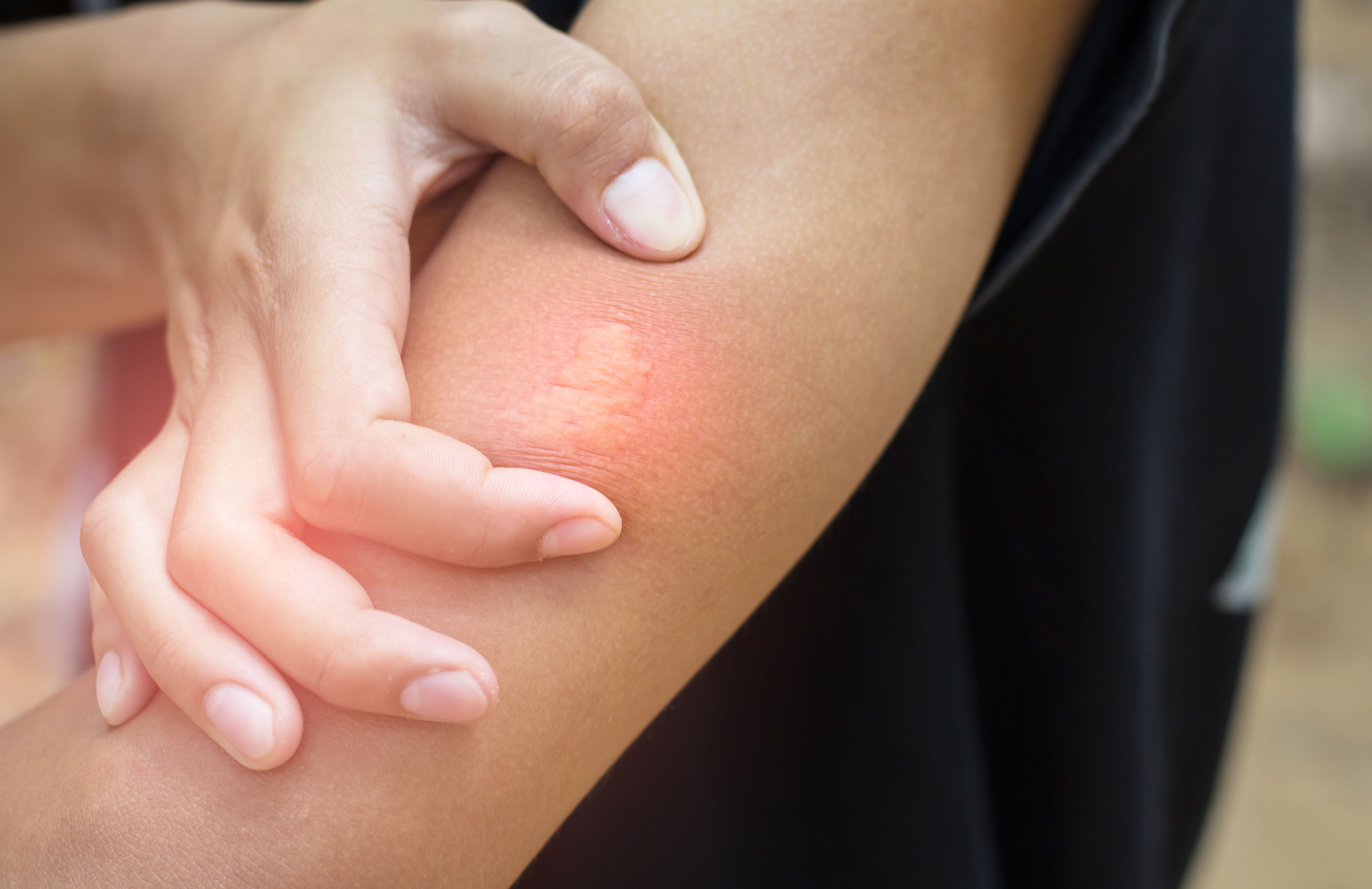
Singapore’s tropical climate means we need to watch out for animal bites and stings. Let’s look at some of the common animals that may cross our path and how to deal with them.
Bee stings
- If the bee’s stinger is in the wound, remove it by sliding or scraping with the edge of a card.
- Wash the area and apply a cold pack or cold compress to relieve pain.
- Monitor for allergic reaction.
- If pain, swelling and redness persist, see a doctor.
- Seek medical attention if a sting is in the mouth.
Snake bites
Treatment for snake bites needs immediate presence of a doctor to provide an anti-venom to counteract the effects of snake venom, followed by monitoring in the hospital for the next 24 hours at least.
Until the doctor is present, what bystanders can do is to calm the person and cover the wound with a sterile dressing. Apply a pressure bandage at the bite area and apply another pressure bandage further up the limb from the wound to slow down the spread of the venom. Call 995 for emergency medical services and tell the operator that it is a snake bite. Do not apply a tourniquet and do not suck the bite wound. Also, do not use ice or water to submerge the wound.
Scorpion stings
- Wash the area of the bite with soap and water.
- Apply a cold compress or ice pack to relieve pain.
- Keep the injured area immobile.
- Call 995 for emergency medical services.
- Monitor for allergic reaction.
Jellyfish stings
- Call 995 for emergency medical services
- Do not remove tentacles with your bare hands. Rinse with seawater to remove any nematocysts that may be on the skin.
- Do not rub the sting site.
- Do not rinse or rub with fresh water.
- Sit the person down. Pour large amounts of vinegar or sea water for at least 15 to 30 minutes to stop the stinging cells from releasing venom.
- Immersion of the sting site into warm water (about 40°C) may help to relieve the pain.
- Monitor for difficulty in breathing.
Larger animals’ bites and scratches
Sometimes we’re unfortunate enough to be bitten or scratched by a dog, cat, boar or deer. These could be serious, infectious and even life-threatening if left untreated. Bacteria from the animal can enter our blood and begin to multiply.
- Call 995 for emergency medical service.
- Wash the wound with running water if bleeding is mild.
- Control bleeding by applying direct pressure and dress the wound with sterile gauze pad and bandage.
- Treat for signs of shock if conditions worsen.
Article reviewed by David Tay, Senior Principal Educator (Nursing and Prehospital Care), HMI Institute.




